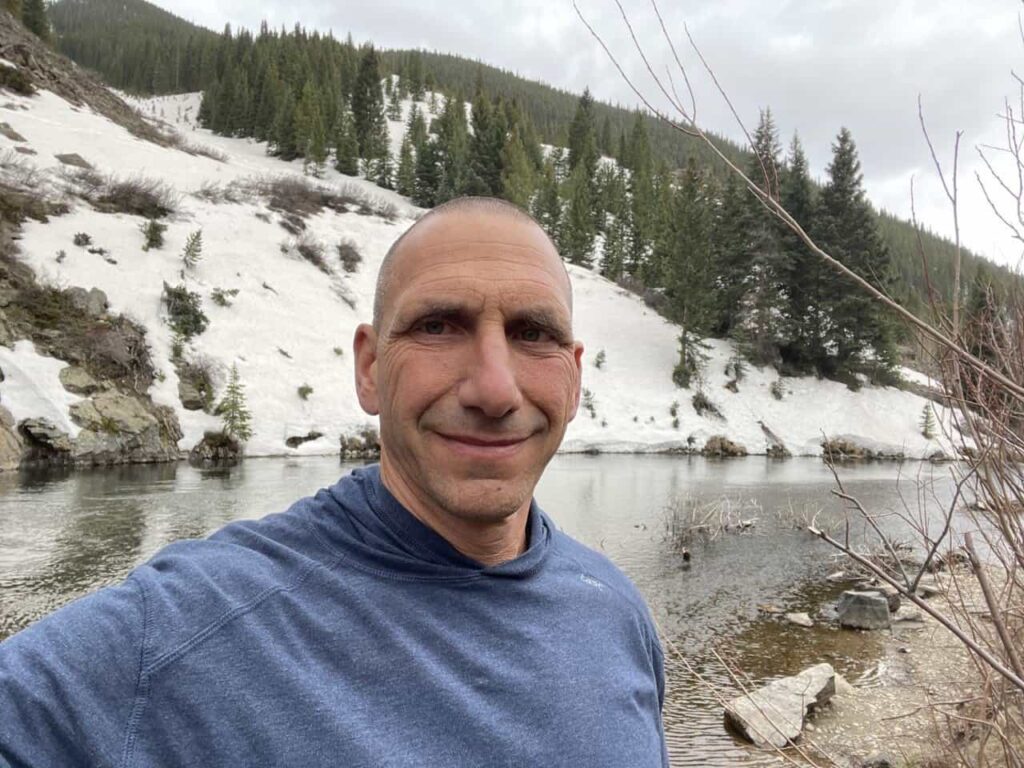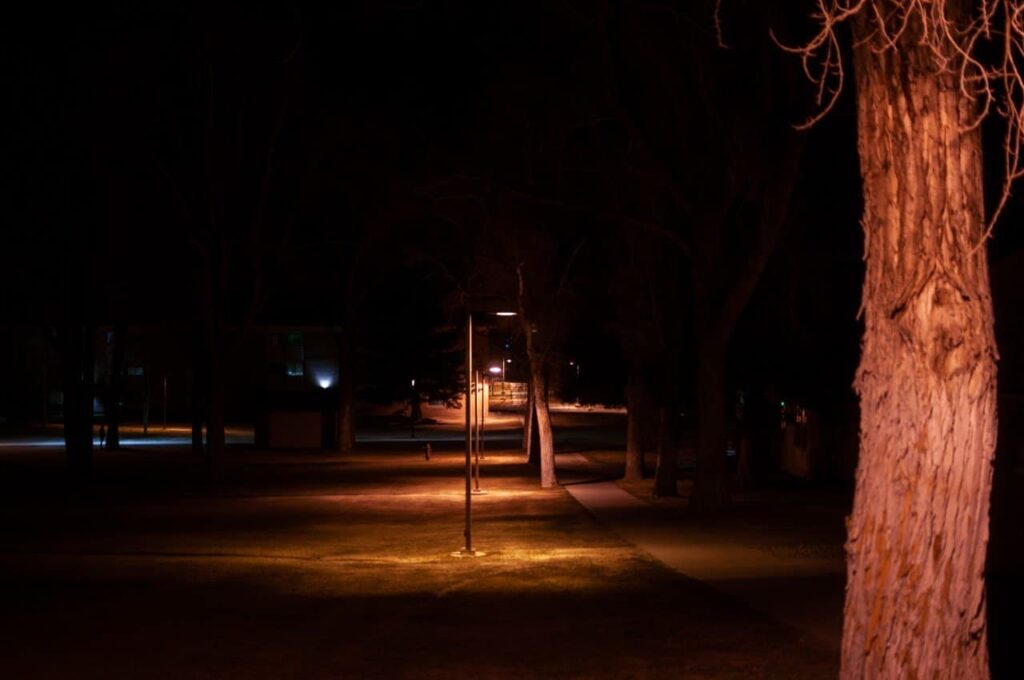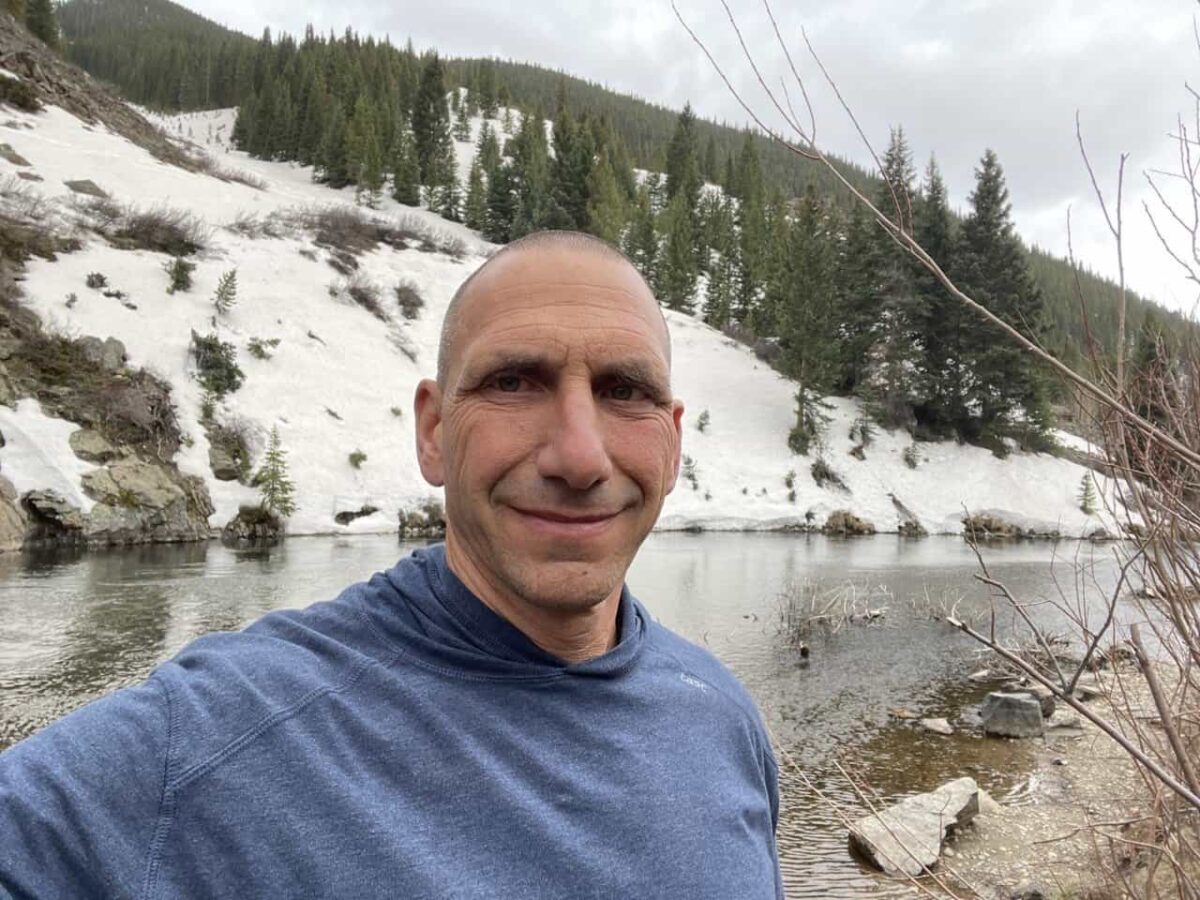
Matt DaSilva is Western’s new Director of Campus Safety and Security, a position he officially assumed on May 16—replacing his predecessor Nathan Kubes, who resigned from the position this spring. DaSilva is a Western alum, graduating in 1999 with a degree in Sociology. “Now 23 years later, I’m back,” he adds with a grin.
After college, DaSilva attended the police academy and entered into a law enforcement career—he served in the university police department at California State–Monterey Bay for nearly a decade, working with students, campus affiliates, and on-campus housing on a daily basis.
When he first started that gig, DaSilva underwent training in crisis management, which centered on mental health topics and addressing community needs. He also was part of the Critical Response Unit, a statewide network of police across the California State University system that specialized in areas like crowd control, managing protests and demonstrations of varying kinds, and dignitary protection.
In his first several weeks on the job at Western, DaSilva has focused on relationship building, meeting different campus departments, including Residence Life, and interfacing with the Gunnison Police Department and local emergency dispatch services.
“You have meetings with them, and of course they have needs—what they’ve felt in the past, and what security either has provided or hasn’t provided and what they’d like to see [moving forward],” he adds.
Right now, Western has just two security guards, and that’s counting DaSilva. His hope for the near future is to hire more full-time security guards—but like many other valley employers, he is running into issues hiring staff during an acute labor shortage, which has piled on top of a local housing crunch.
Nevertheless, DaSilva’s goal is to have three full-time guards predominantly working the “graveyard shift”, 8 p.m. to 6 a.m. Monday through Friday, in addition to himself and a team of student ambassadors that will plug gaps on weekends. “The whole goal is to have 24-hour coverage,” notes DaSilva, who carries a response phone 24/7 in the case of emergencies.
The ultimate role of security personnel, DaSilva notes, is to patrol campus, which encompasses many considerations. “They’re eyes and ears,” says DaSilva. That can include responding to fire alarms or medical emergencies, checking to ensure buildings are properly locked and secured, inspecting campus lights, noting parking issues and issuing warnings, providing Safe Walk services, and responding to any assistance calls—looping in the Gunnison Police Department if needed.
Unlike many larger universities, and even regional Colorado schools like Colorado Mesa University and Adams State University, Western does not have its own police force. DaSilva says that this can change the dynamic of the response to campus incidents.
He expands on that point—adding that sending police out on a simple dormitory noise complaint, a common example, can be both good and bad—it might cut down on the disrespect displayed towards university housing staff, for instance, but it can also increase the situation’s intensity. At larger schools with their own police, DaSilva notes that the inclination is to send the campus police out on a wide variety of calls.
For DaSilva, achieving a high level of student safety means that students don’t have to worry about walking across campus, or interacting within dorms or other campus buildings. “I want people to feel safe within their environment. If it means that we’re out walking around and they see a security guard and that helps, then that means that we’ve done our job,” he adds.
DaSilva says he is aware of the ongoing campus conversations around inadequate lighting and the installation of security cameras. The security cameras installations in parking lots and lighting upgrades are slated for this summer, but the latter have been delayed due to issues sourcing the lighting fixtures.

He is quick to note the benefits of lighting for reducing campus safety issues and facilitating a deeper culture of security. DaSilva also highlights the positive impact that cameras can have: “Some worry about privacy issues. Obviously if we have cameras, your life is recorded…but they also do help solve crimes, take care of problems, deter crime, and change behaviors.”
DaSilva notes that in Monterey his campus had cameras on the exteriors of building’s access doors. The cameras allowed the police to track the movement of individuals in instances where crimes or other disturbances had been committed. Depending on the camera’s quality level, DaSilva notes that cameras can prove immensely helpful in identifying people—even pulling license plate numbers at night.
For students who want to discuss safety, security and even more personal matters, they can contact DaSilva at his email mdasilva@western.edu, or stop by his office in the University Center across from the LEAD Office, where he often leaves the door open.
“We can’t make somebody embrace us, but I hope that students will develop comfort that we’re [here to be an] assistance…we’re not looking to punish people,” he adds. “We provide Safe Walk [services] for individuals, especially if they may be coming from the far end of campus.”
Ultimately, DaSilva says he is looking forward to building close relationships with students and others on Western’s campus. Back when he was a campus police officer, he remembers experiencing a wide breadth of human experience: “Sometimes you see people at their worst, sometimes you see them at their best, but in the end, you are there for them.”

